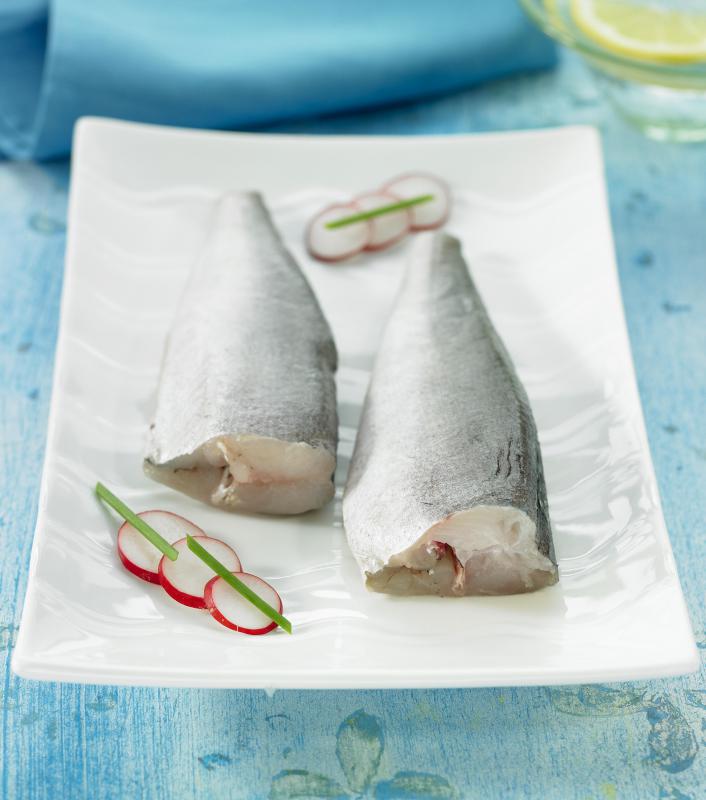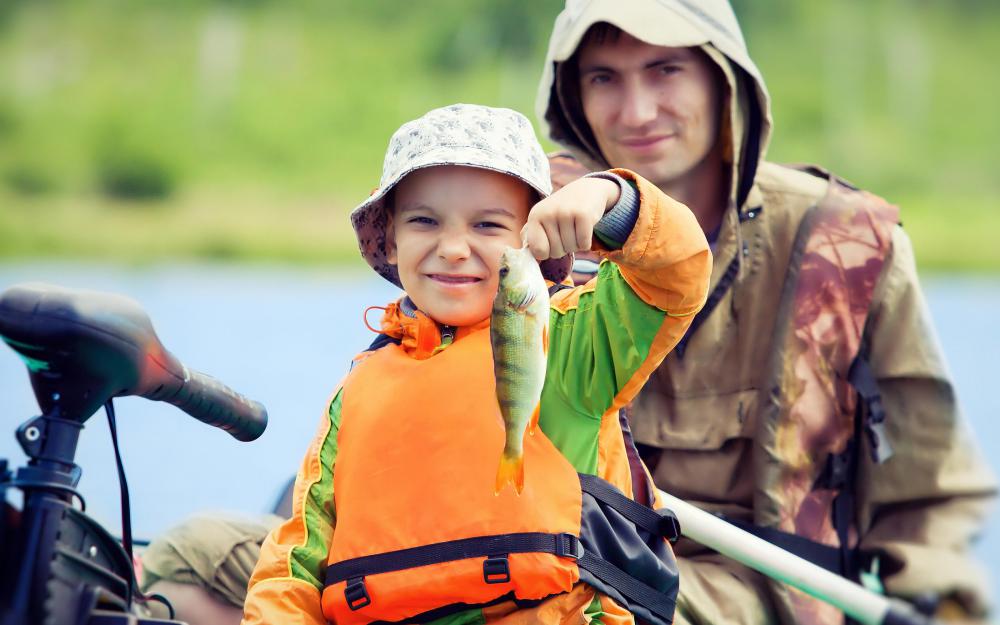At WiseGEEK, we're committed to delivering accurate, trustworthy information. Our expert-authored content is rigorously fact-checked and sourced from credible authorities. Discover how we uphold the highest standards in providing you with reliable knowledge.
How Do I Become a Fish Biologist?
A fish biologist is a professional who studies the life, population, and ecological interactions of various fish species. This broad scientific career choice may be ideal for a person with a good scientific mind, an interest in fish, and willingness to undergo extensive training and education. The steps needed to become a fish biologist include education, practical experience, and career path selection. In addition to these basic requirements, it is important that a person who wishes to become a fish biologist have a real and abiding interest in the watery world, and be willing to devote many years to gaining the necessary training to work in the field.
Education is possibly the most essential requirement for any person who wishes to become a fish biologist. Training for this career path can begin as early as high school; students interested in this field may want to take advanced or additional classes in biology, chemistry, or natural science classes. In college, a future fish biologist will need to major in a related subject, such as biology, ecology, oceanography, or marine science. It may be important to tailor college classes to focus on fish and aquatic biology studies, in order to get the best possible preparation. Following graduation from an undergraduate program, it may be wise to pursue post-graduate studies in water ecology, fisheries biology, or another related area.

During high school and college, it is important to begin a practical education in order to become a fish biologist. Young students may be able to volunteer with local aquariums or water conservation programs in order to get hands-on experience and training related to their chosen subject. College students may be able to apply for research internships with laboratories or wildlife conservation groups, honing their abilities to collect and analyze data on fish and aquatic habitats. While some practical experience opportunities may be available as part of coursework, many biology students may also choose to spend their summers and school breaks as research fellows or assistants.

Since the field of fish biology is wide, it may be a good idea to tailor education and training to a specific area of the subject. For instance, in college, students may begin to customize their classes to focus on either freshwater or marine fish biology. Careers available may include working with national parks or governments to improve wildlife protection, analysis and maintenance of natural and commercial fisheries, studying ancient fish species to better understand evolution and progression, or teaching biology to a new crop of eager students. In order to become a fish biologist in a specific career, it may also be important to seek out advanced, specific training courses even after formal education is complete.
AS FEATURED ON:
AS FEATURED ON:















Discuss this Article
Post your comments